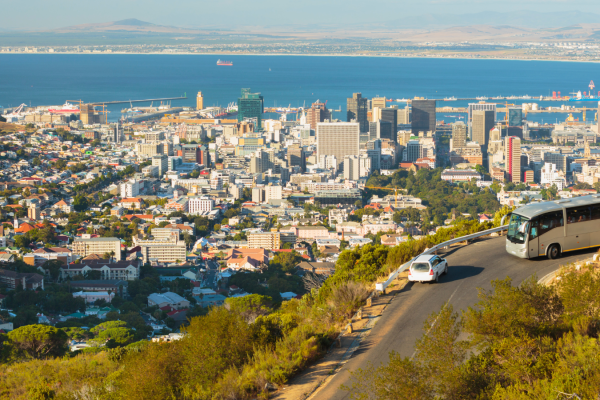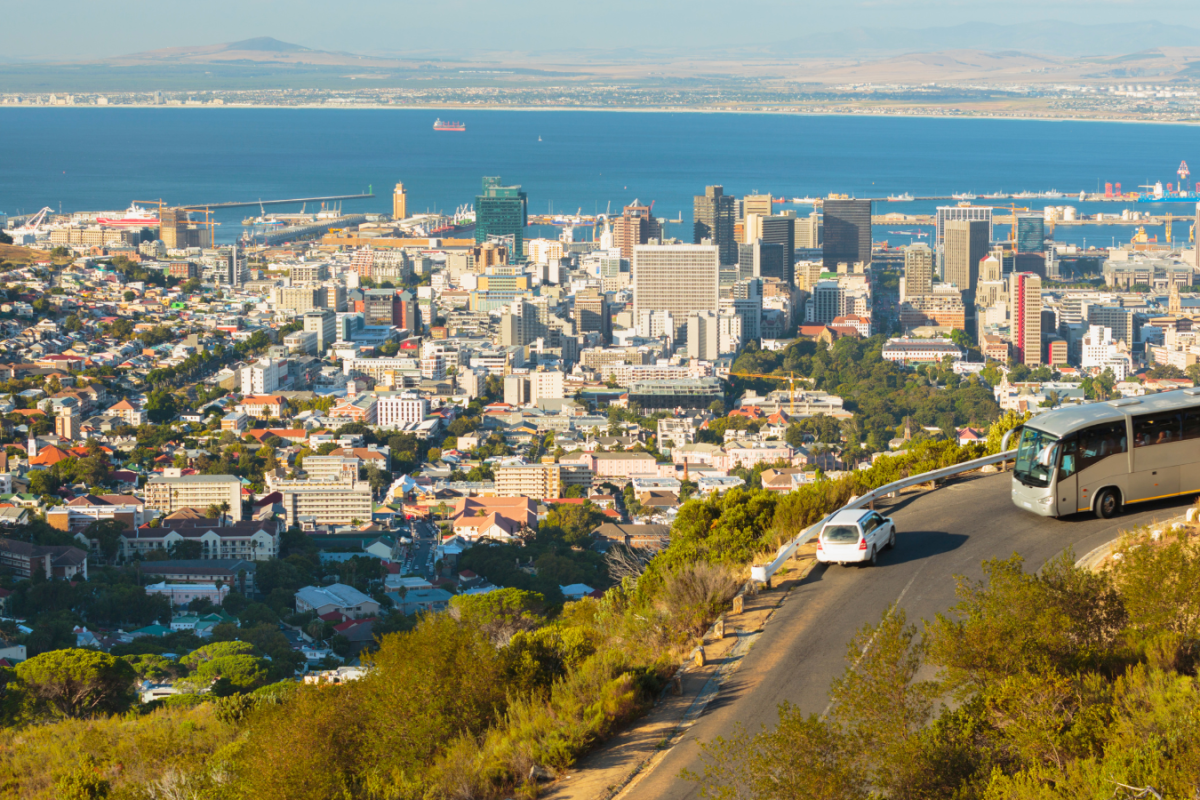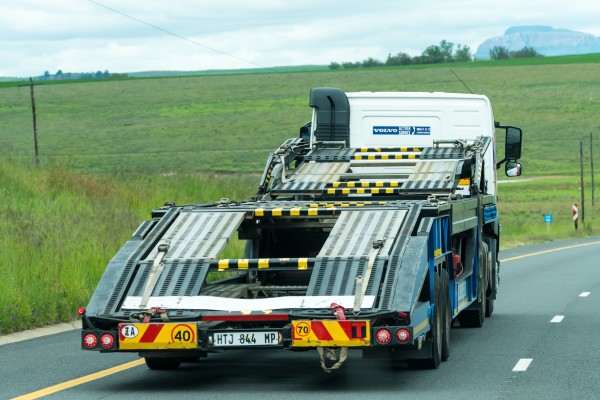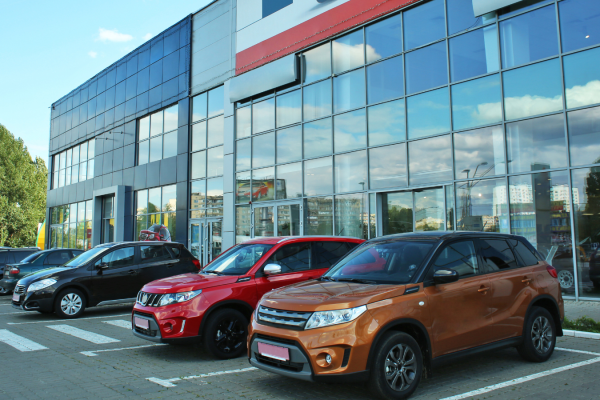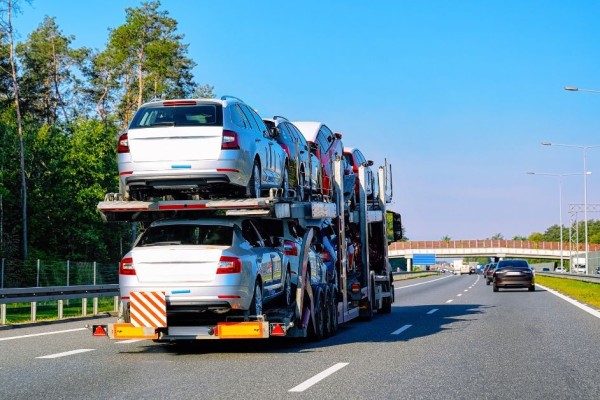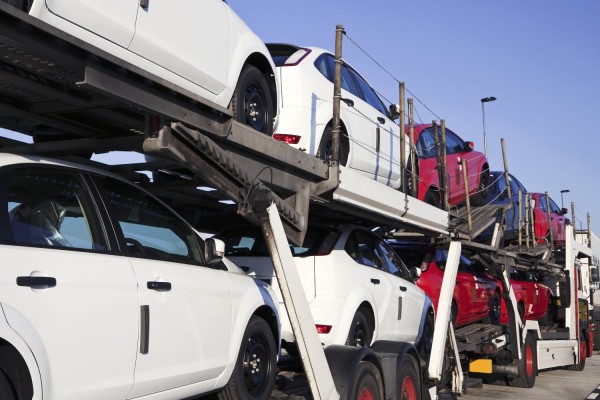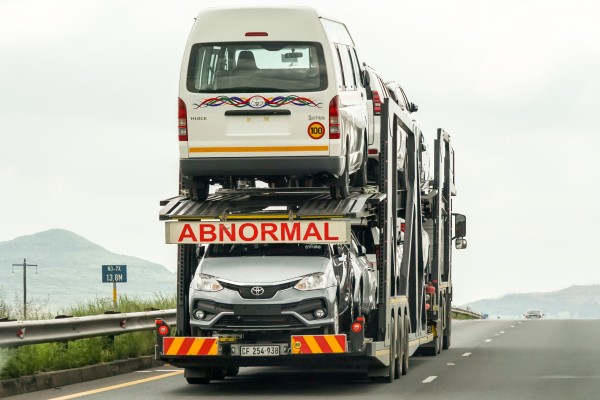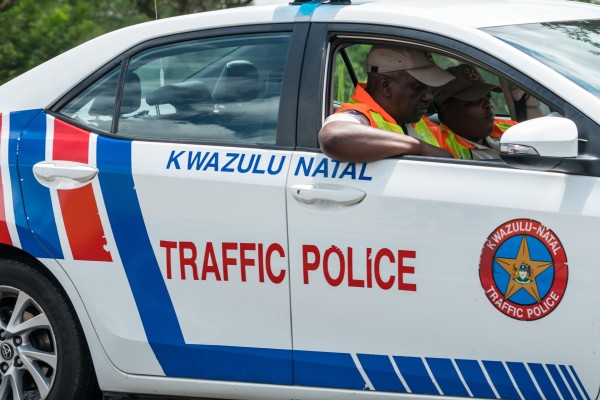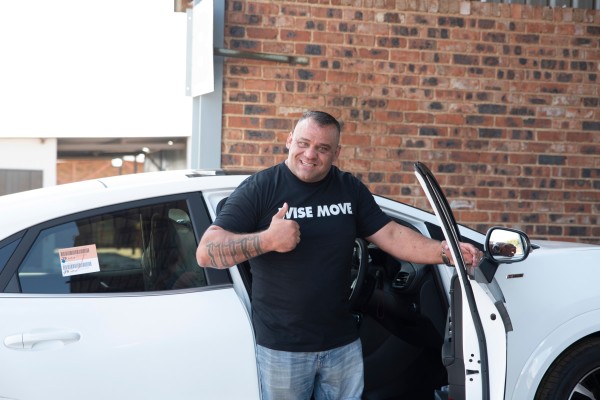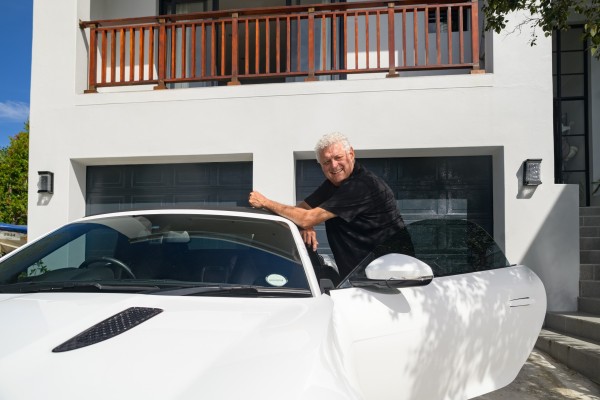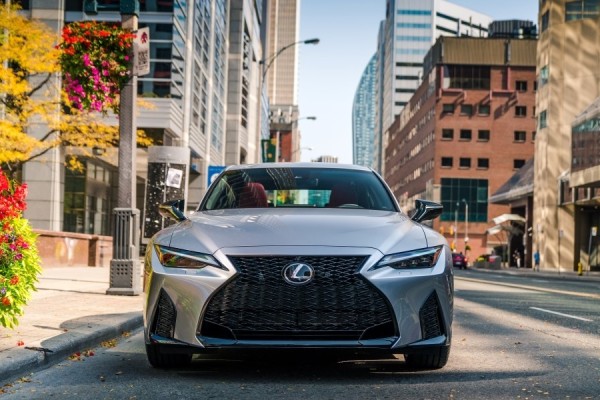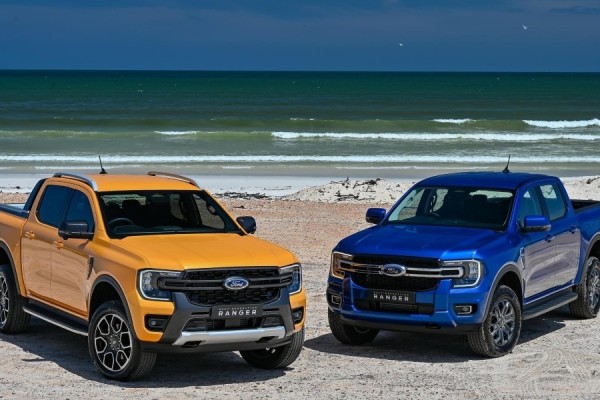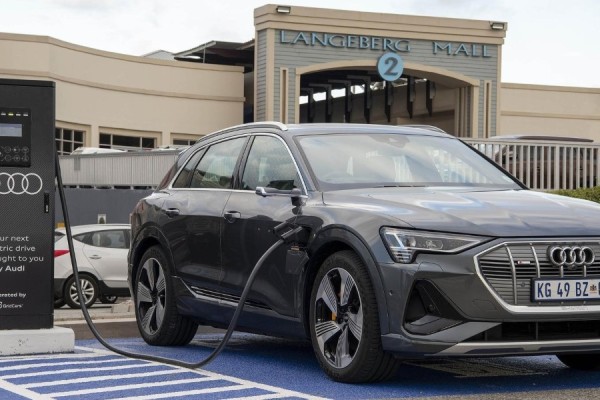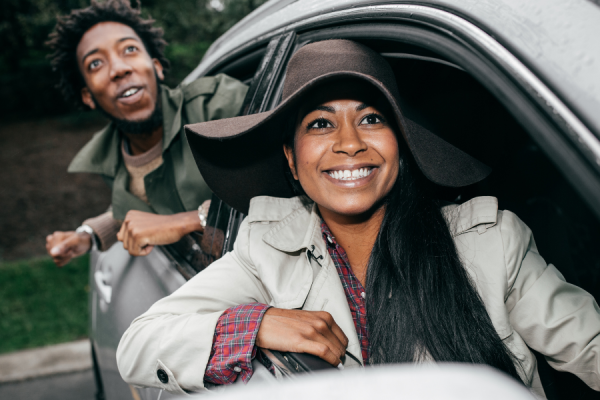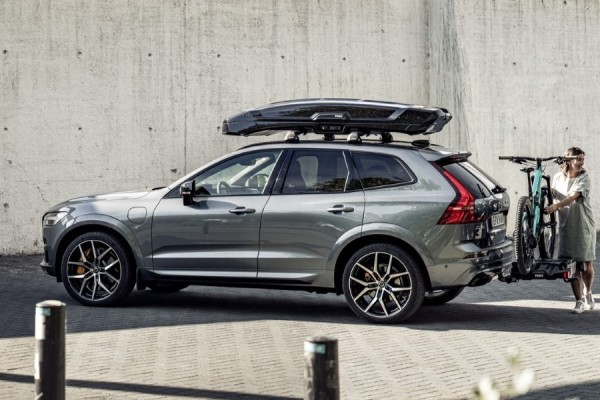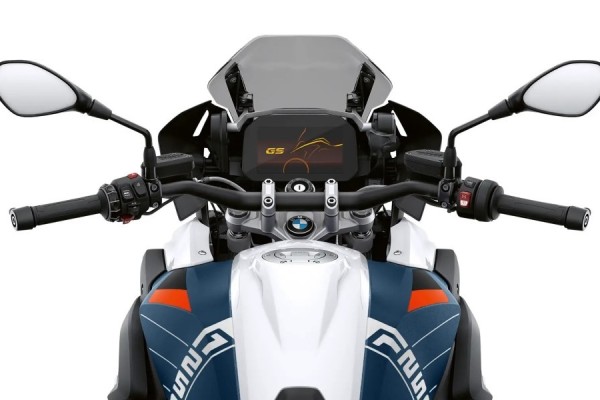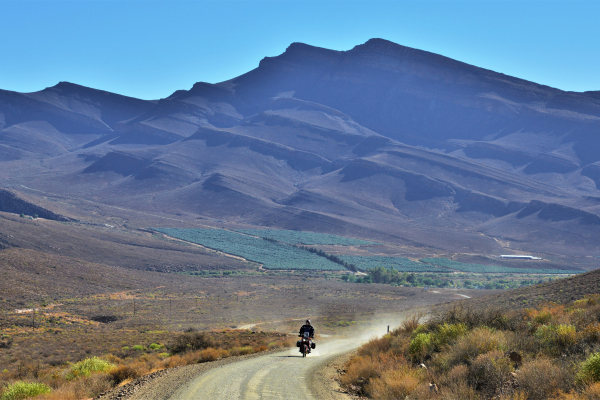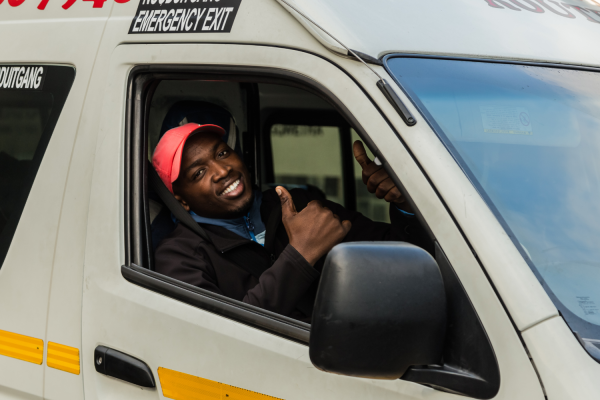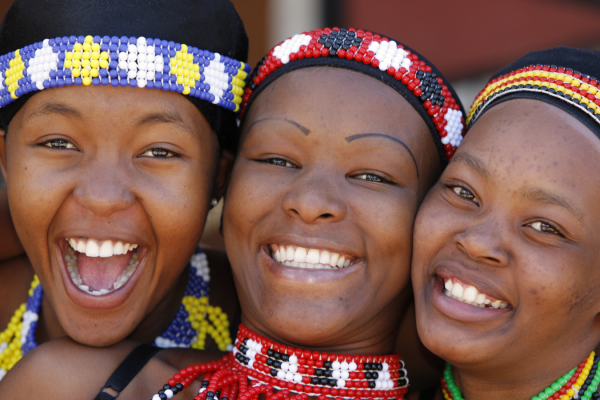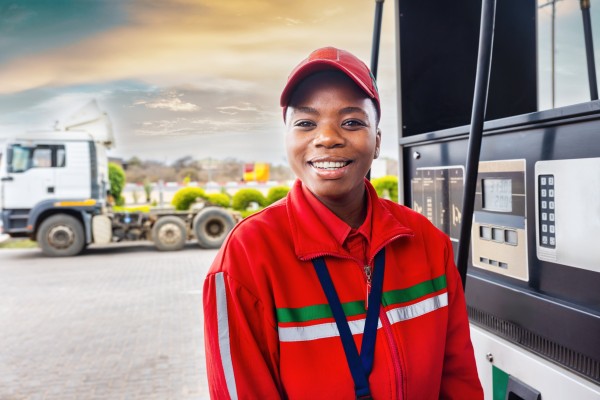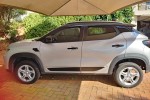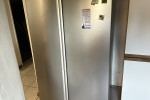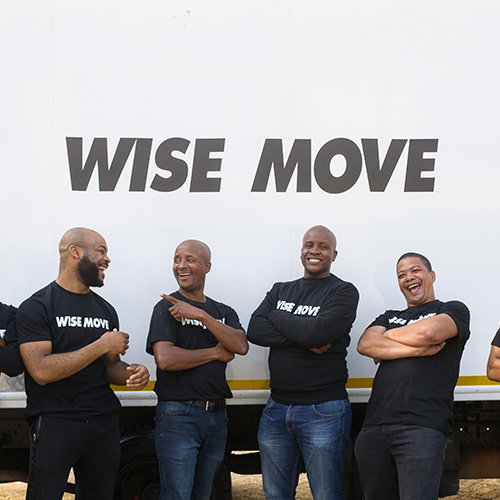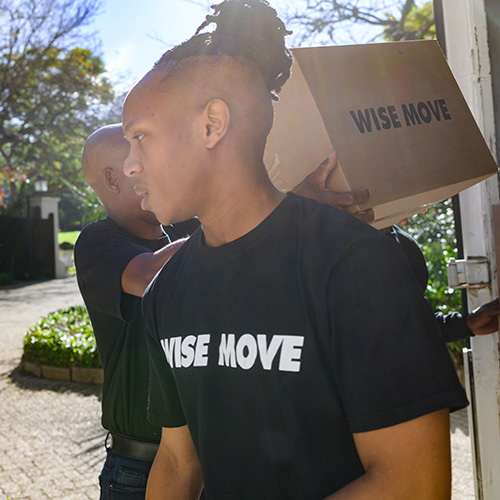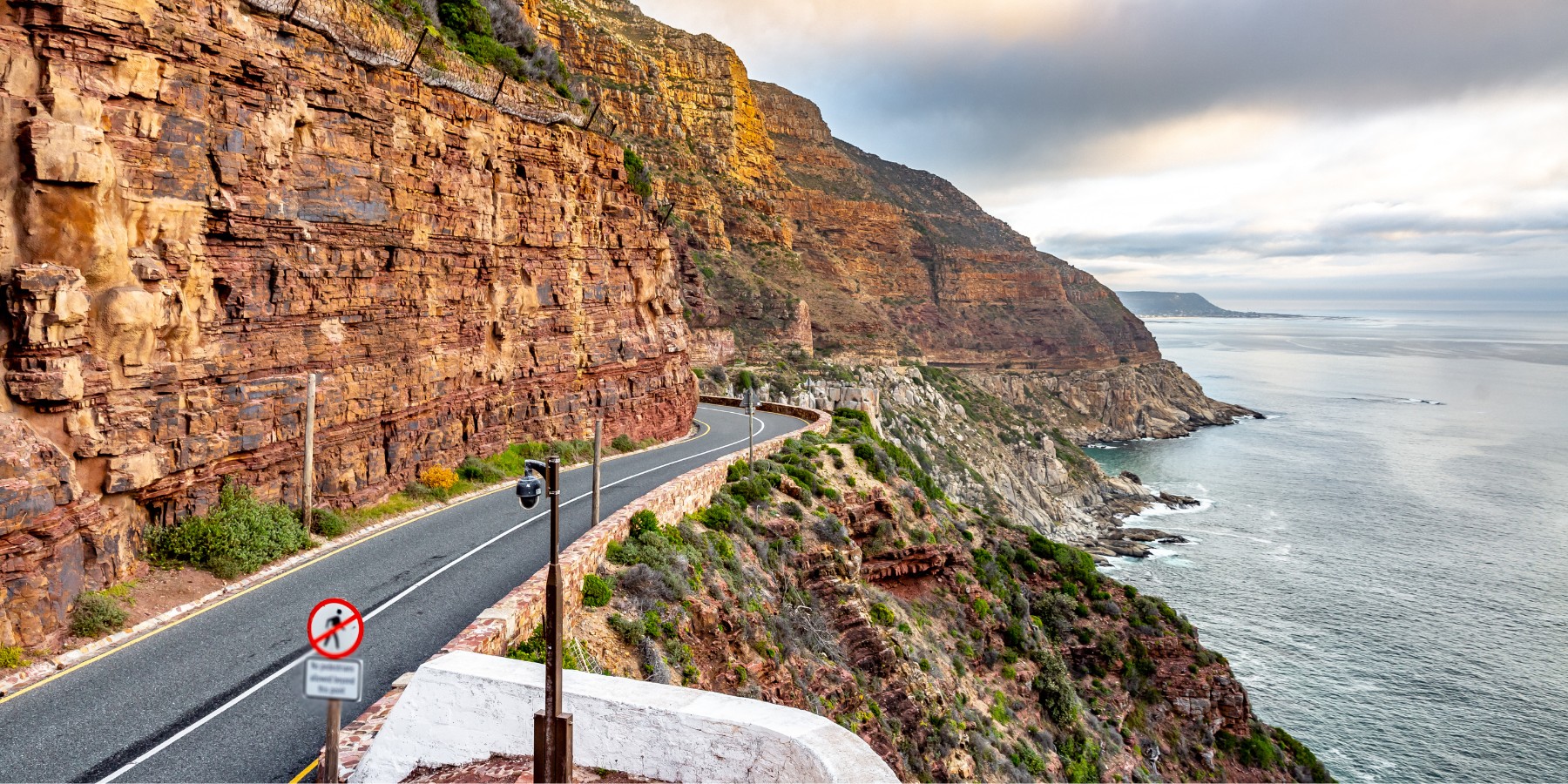
Are you getting ready to visit the Rainbow Nation and want to know everything about driving in South Africa? Well, you’ve come to the right place. South Africa is a super drivable country for tourists, but as with every country, it has its own set of road rules that all tourists should know
With South Africa’s lack of safe and efficient public transport, having your own car makes travelling in South Africa much easier. Road-tripping is also a must for every new tourist in South Africa to soak in and explore our breathtaking nature and scenic drives!
Here’s the complete tourist's guide to driving in South Africa — from road rules to roadside wildlife.
South African Traffic Lingo and Etiquette Foreigners Should Know
South Africa is known for its unique and diverse language which often confuses foreigners. Here’s a list of some South African traffic lingo you should know so that you don’t get lost:
-
Robots: Traffic lights (we're weird like that!)
-
Circles: Roundabouts
-
Petrol: Gas — the main two options are diesel and unleaded petrol (but unleaded changes from 97 to 95 depending on if it's inland or coastal– you can mix them 👌)
-
Garage: Gas station or petrol station — popular ones in South Africa include BP, Shell, Engen, Caltex and Total
-
Taxi: Minibuses that are used as public transport for many South Africans but are (sadly) known for their hazardous driving
-
Petrol attendants: Workers at every petrol station that fill up your tank, pump up your tires and check your oil and water — while it’s not required, it’s often polite to tip them small change (R2 - R10).
-
Car guards: You’ll find car guards in every parking lot or street parking that watch your car, help you unpack your groceries and assist you with parking and reversing — while tipping of small change (R2 - R10) isn’t mandatory but is expected for their assistance.
-
Flashing hazards: When a car moves over to let you overtake them, it’s polite to put your hazards on for a few seconds; drivers also put their hazards if they break suddenly on a fast highway
-
Flashing brights: If a car flashes its brights at you, it may be to give you right of way, to warn you of an upcoming speed camera or to tell you your brights are on. Either way... it's morse code for something!
Can You Drive in South Africa with a Foreign Licence?
Yes. Tourists with a valid foreign driver’s licence printed in English from their country of residence are allowed to drive in South Africa.
However, if your driver’s licence is not printed in English, then you require an International Driver’s Licence. If you aren’t sure if your licence is valid, it’s best to be safe and get an International Driver’s Licence.
Additionally, if your driver’s licence doesn’t have a photograph of yourself, then you will need your passport to be able to validate your licence. Your driver’s licence must also be valid for the full duration of your time driving in South Africa.
What Are the Road Rules in South Africa?
View this post on Instagram
Here are the basic road rules in South Africa:
-
We drive on the left-hand side of the road with right-hand drive vehicles.
-
You keep left and pass right.
-
It’s mandatory for the driver and all passengers to wear seatbelts.
-
Drivers are prohibited from using hand-held phones while driving.
-
Don't drink and drive! A beer or a shot of brandy will put you over the limit.
-
You can’t turn left at a red light. Red means full stop in South Africa peeps.
-
At a four-way stop, the first vehicle at the line has the right of way.
-
At circles (roundabouts), you give way to the right, unless there is a sign that indicates that the first at the yield sign is the first to proceed.
-
Pedestrians have the right of way at pedestrian crossings (zebra crossings). And be warned, pedestrians will "jaywalk" and you need to keep an eye open.
-
Some major freeways are toll roads which require you to pay — make sure to have cash, as some don’t take international bank cards or even local debit cards.
-
A yellow line on the side of the road means you’re allowed to stop but not park; a red line on the side means no stopping or parking.
-
You aren’t allowed to park in the direction of oncoming traffic.
What is the Speed Limit in South Africa?
South Africa’s speed limits are in km/hour and has a speed limit tolerance of 120 km/hour. Here’s a quick look at the general speed limits found in South Africa:
-
Major highways are 120 km/hour.
-
Secondary roads and rural roads are 100km/hour.
-
Roads in built-up areas are 60 km/hour.
-
Roads in residential areas and national parks are 40 km/hour.
It's also important to note that speed cameras can either be permanent, yellow boxes or small, dark green speed traps temporarily set up by traffic officers.
View this post on Instagram
Is it Safe for Tourists to Drive in South Africa?
Yes. Tourists can definitely drive around South Africa safely. But, unfortunately, crime is quite prevalent in South Africa and the roads aren’t always in the best condition, so there are a few considerations that tourists should keep in mind to travel around South Africa without a hitch:
-
Avoid driving at night on highways, in remote areas or areas with higher crime rates.
-
Never stop for anyone on the side of the road — hijackings can happen, especially in Joburg.
-
Keep your doors locked and windows up, especially when you come to a stop at a traffic light or stop street, even if people try to talk to you or sell you something.
-
Don’t park your car on the street overnight if possible.
-
Make sure to never leave anything visible in your car when your car is parked — put any valuables in the boot of your car.
-
Be very aware of your surroundings when taxis are around you because they often cut in or make risky moves on the road, especially in traffic.
-
Never unlock your from far away, only when you’re just about to get in.
-
Watch out for potholes or large objects in the road, especially on back roads.
-
If you’re in a minor accident, be careful getting out of your car, as it is sometimes used as a hijacking or mugging tactic.
-
Look out when driving under bridges on highways, especially at night, as people have been known to drop things from a bridge to get drivers to pull over.
What Tourists Should Know About South Africa’s Roadside Wildlife
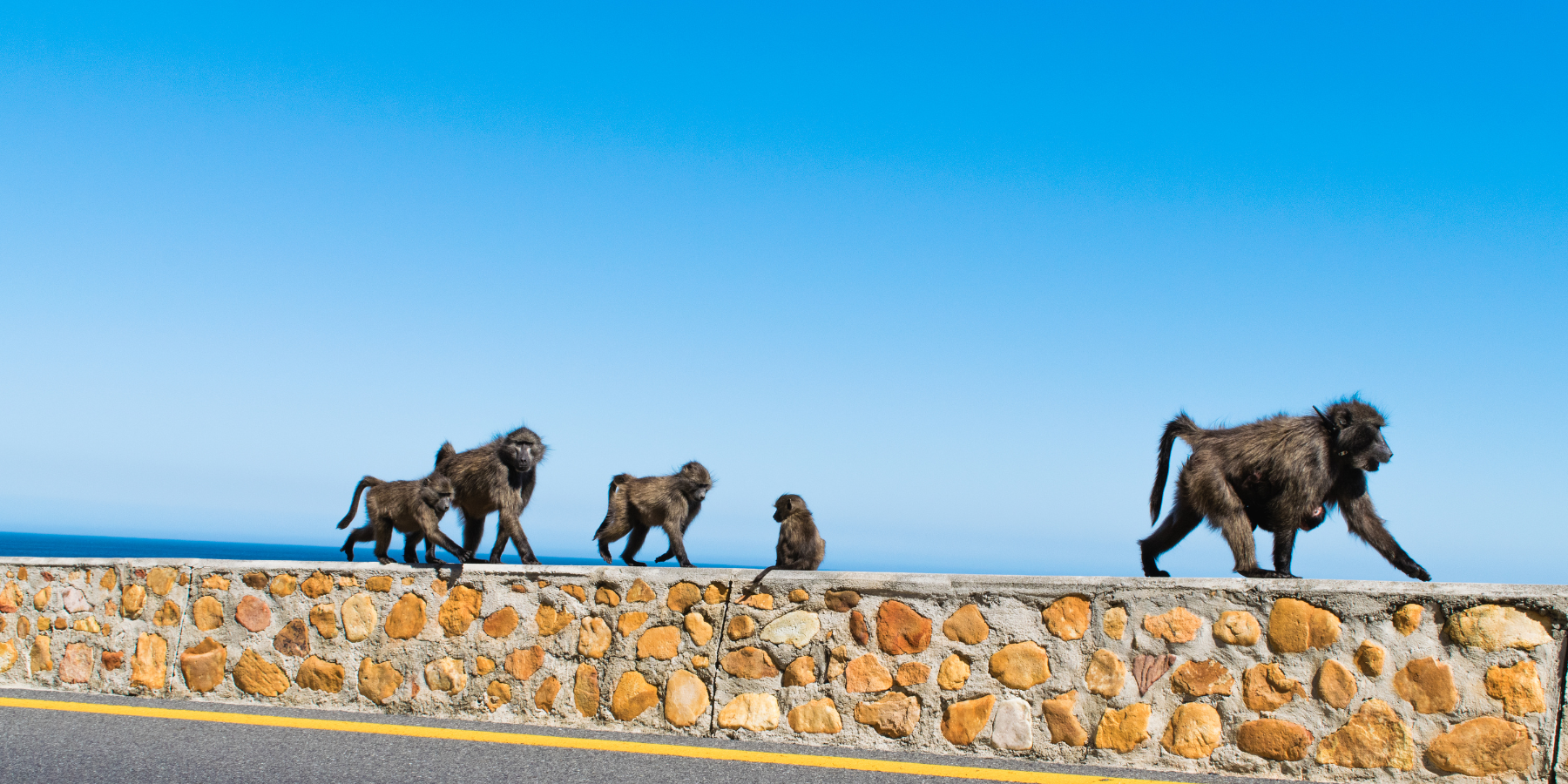
With South Africa’s magnificent wildlife comes the occasional roadside wildlife encounter. While it doesn’t happen often, it’s still worth being prepared for, especially if you’re going on a game drive.
Here’s a brief look at what to do when coming across wildlife while driving in South Africa:
-
Horses: Sometimes found in residential areas near stables, just slow down and give the horses a wide berth.
-
Baboons: Slow down and be alert in case one of them tries to cross the road; if there are baboons near where you’ve parked your car, make sure all the windows are closed and the doors are locked with any food out of sight.
-
Western leopard toads: These are endangered in certain areas, so if you see a sign indicating that they are in the area, slow down a bit and keep an eye on the road to avoid running any of them over.
-
Livestock: You may often see cows, goats or sheep roaming unfenced on the side of the highway, so be on the lookout in more rural areas, especially at night.
-
Game: If you’re on a game drive in a national park and an animal is blocking the path or nearby, proceed slowly or turn off the engine and wait for them to pass.
- Cyclists: OK, this one is a bit tongue in cheek, but seriously, watch out for cyclists. There are way too many accidents on the roads involving them.
Traffic Emergency Numbers
While we always hope for the best, in the case of any emergencies, here are the most important emergency numbers in South Africa to call:
-
Emergency number for cell phones: 112
-
Police: 10111
-
Ambulance: 10177
Ready to hit the road?
That's all folks :) now you're ready to discover South Africa on your long awaited road trip. We're looking forward to having you, so stay safe, enjoy the ride and the people!
What do our customers say?



